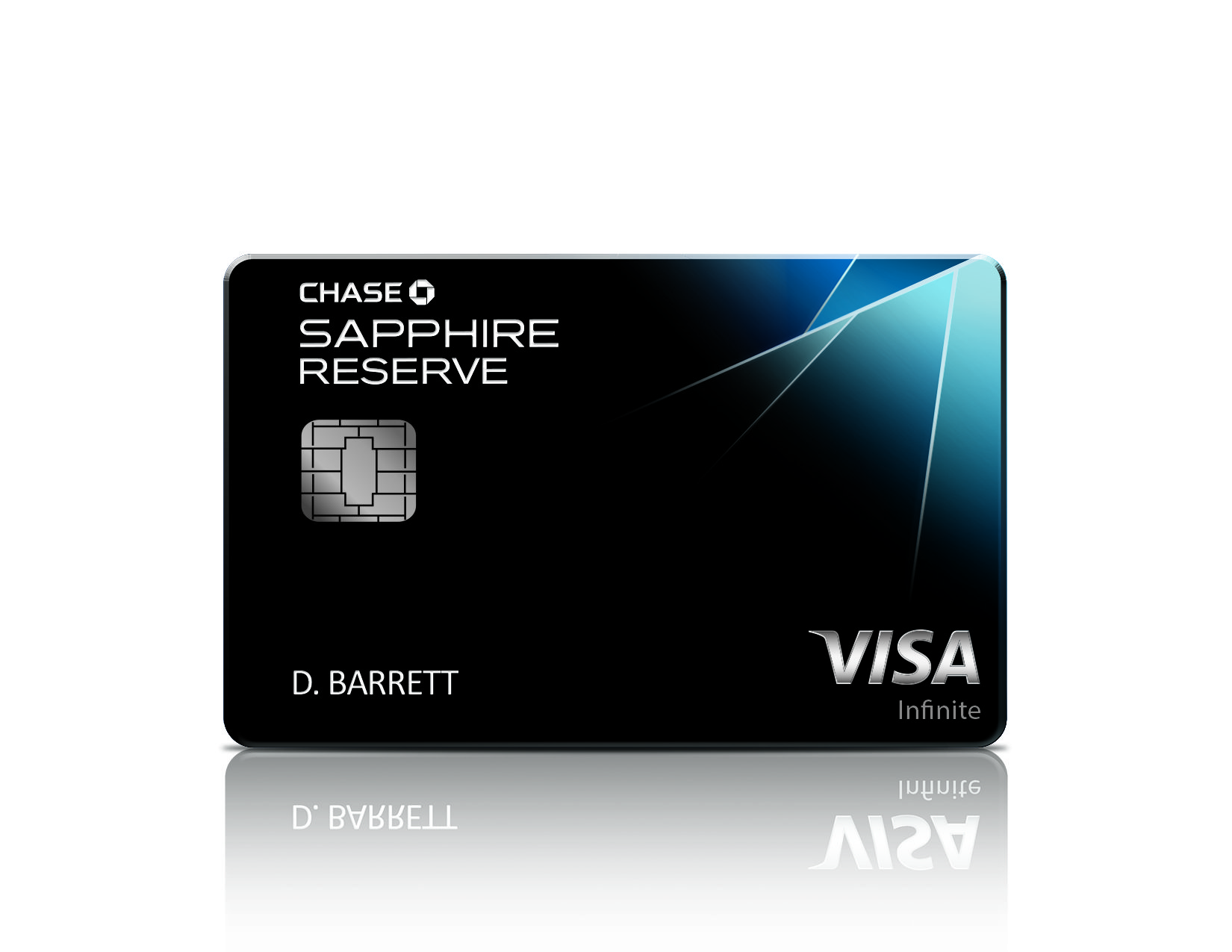Premium credit cards are excellent for frequent travelers who want a more luxurious experience. However, strange times are upon us in that travel is currently not a wise option, especially for international travel. This post ponders why you should downgrade your premium credit card. Just be sure to do it when your annual fee comes due. Do not downgrade immediately, especially if you have not had your credit card for at least 12 months.
Useless Perks
This is the biggest reason why you should downgrade your premium card. Premium credit cards are known for having excellent travel perks including airport lounge access and travel credits. But in these strange times, most of your premium card’s benefits are suddenly useless.
For example, American Express closed their Centurion Lounges and Suites indefinitely because of COVID-19. Therefore, this benefit for Centurion and Platinum cardholders has become worthless. The same argument can be made for Priority Pass lounges. And in turn, the same argument can be made for any premium credit card that has complimentary Priority Pass lounge access.
Furthermore, Global Entry, Pre-TSA, and CLEAR are also useless because almost nobody is flying. The few people who are flying are not only risking their lives and those of others. But they do not have to wait long for airport security.
High Annual Fees
Premium credit cards often have annual fees of at least $450. That’s a lot of money for one credit card, especially with people losing their jobs or being furloughed. With the economy coming to a halt, freeing up money as much as possible is a great idea. This includes annual fees for premium credit cards.
In most cases, you should not immediately cancel your account if you have a premium credit card. Most premium credit card issuers have no annual fee options that are great substitutes. This way, you will keep your credit utilization percentage, age of accounts, credit history, and credit scores intact.
The first step to take when your annual fee comes due is to see if your card has any no annual fee options. If so, call your issuer to see if you can downgrade. They might give you a retention offer that could make paying the annual fee worth it. But don’t rest on your laurels as that does not always happen. Downgrading is often the best solution for you and your card’s issuer.
Earning Potential
Some premium credit cards have terrible earning structures. Or you might only have your premium credit card for its perks. Therefore, downgrading to a no annual fee option (or even a mid-tier option) might be better for earning in either situation.
An excellent example of such a card is the Citi Prestige. This card earns 5x Citi Thank You (TY) Points on Airfare booked directly with the airline as well as Dining. Plus, it earns 3x TY points on Hotels and Cruises. Otherwise, it earns one point per dollar on non-bonus expenses. Downgrading to the no annual fee Citi Double Cash is a great idea because you will earn 2x TY points on all expenses. Its better to earn 2x on a plethora of non-bonus spend than more on travel during these strange times.
You Now Want to Earn Cash Back
There is nothing wrong with earning cash back from your credit cards, regardless of the economic conditions. However, premium cards are meant for serious travelers. Most premium card issuers also have cards that earn cash back. And if cash back is what you are after, these cards are great downgrade options.
For example, the Chase Sapphire Reserve can be downgraded to the Chase Freedom. The latter card earns 5% cash back in rotating categories each quarter. And what’s nice about Chase’s ecosystem is that you can always upgrade again later if you want to earn Ultimate Rewards (UR) points. But having the cash back in your pocket is a great way to free up some money in the short-term. When you downgrade, your UR points become cash back (unless you also have the Chase Ink Business Preferred). And you can redeem at a rate of 1 cent per point (CPP) into your bank account.
Final Draw
Almost all premium credit cards have no annual fee downgrade options. There are plenty to choose from, depending on the premium card you have. But whatever option you choose, know that you will be saving hundreds (or thousands) this year in annual fees. This money can be saved and used towards keeping your and your family safe at home.
Just remember that your mileage may vary. And in most circumstances, you can always upgrade back when travel becomes safer in the future.













If travel doesn’t resume by Fall, I feel the premium cards should charge a fraction of the annual fee or waive it completely. But they probably won’t.
Hi Alex,
Thanks for reading and sharing your opinion. The premium card issuers will feel the pressure if travel does not resume by fall. If they do not waive or lower their cards’ annual fees, fewer people will apply for them. And that means fewer annual fees, interest charges, and swipe charges for the banks from those cards.
I predict that some of them might discontinue their premium cards (Citi is a great example) while others might reduce the benefits offered and annual fees (Chase and American Express).
Best Regards,
Anthony